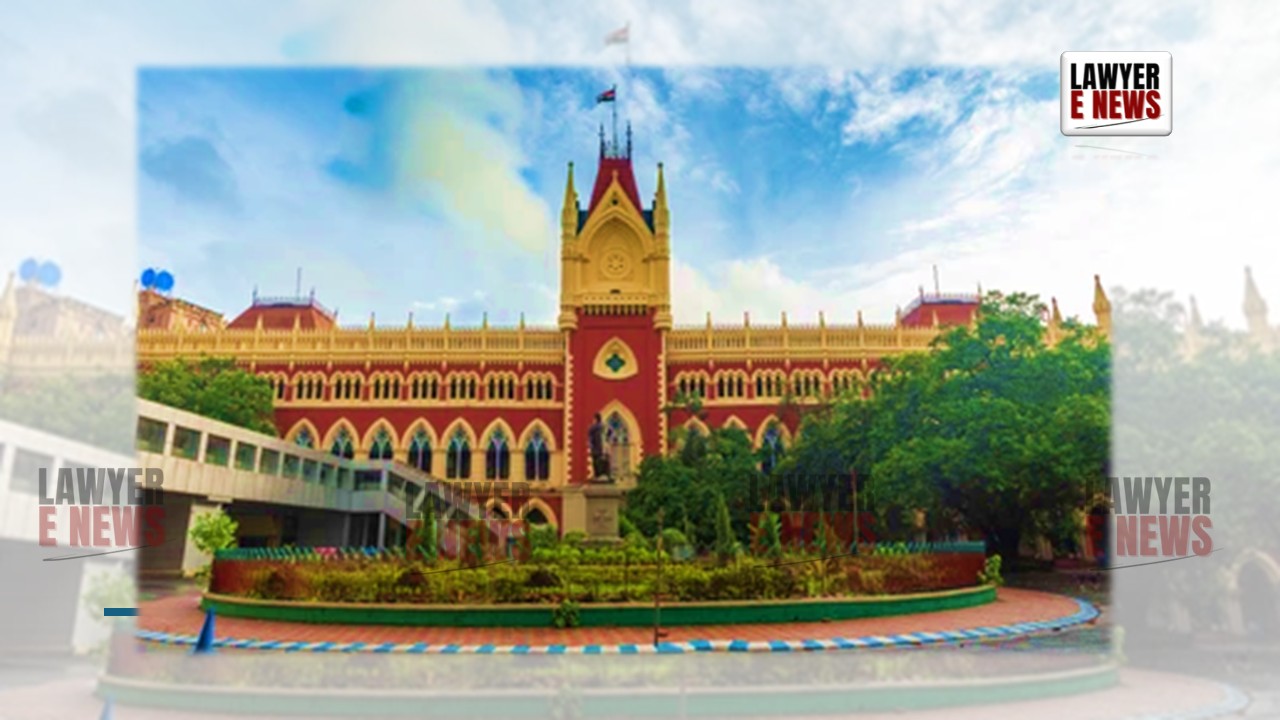-
by Admin
15 February 2026 5:35 AM



High Court Dismisses Steel Authority of India’s Writ Petitions; Upholds Controlling and Appellate Authorities’ Orders
The Calcutta High Court, in a landmark judgment delivered by Justice Hiranmay Bhattacharyya, has upheld the orders of the Controlling Authority and the Appellate Authority under the Payment of Gratuity Act, 1972, confirming that trainees not covered under the Apprentices Act, 1961, are entitled to gratuity. The judgment emphasizes the distinction between apprentices under the 1961 Act and other trainees, reiterating the legal principles governing the entitlement to gratuity.
Justice Hiranmay Bhattacharyya clarified the definitions and exclusions under the Payment of Gratuity Act, 1972, and the Apprentices Act, 1961. The court noted, “A trainee can be said to be an ‘apprentice’ only if he is undergoing ‘apprenticeship training’ as defined under section 2(aaa) of the 1961 Act in pursuance of a contract of apprenticeship. Therefore, all apprentices are trainees but all trainees are not apprentices.”
The court underscored the limited scope of judicial review under Article 226 of the Constitution of India, stating that findings of fact by lower authorities should not be disturbed unless based on no evidence, inadmissible evidence, or exclusion of admissible evidence. “The findings of fact recorded by the Controlling Authority and the Appellate Authority were based on substantial evidence and do not warrant interference,” Justice Bhattacharyya observed.
The court affirmed that the respondents had rendered continuous service from their initial dates of joining and were entitled to gratuity. “The 1st respondent was a trainee outside the purview of the 1961 Act and was rightly treated to be an employee with effect from his initial date of joining,” the judgment noted.
The judgment delved into the definitions under the relevant legislations, emphasizing that only apprentices undergoing training under the 1961 Act are excluded from the Payment of Gratuity Act. “The heart of the matter in apprenticeship is the dominant object and intent to impart on the part of the employer and to accept on the part of the person learning under certain agreed terms,” the court quoted from previous case law.
Justice Bhattacharyya addressed the petitioner’s argument regarding the Service Record Card and its implication. “The Service Record Card does not confirm whether the 1st respondent was appointed as an ‘apprentice’ under the 1961 Act,” the court held, dismissing the contention that the document was excluded improperly.
“Only an apprentice appointed under the 1961 Act is excluded from the applicability of the 1972 Act,” remarked Justice Bhattacharyya. “The training undergone by the 1st respondent was not in pursuance of the apprenticeship training contemplated under the 1961 Act.”
The Calcutta High Court’s dismissal of the Steel Authority of India Limited’s writ petitions reaffirms the entitlement of trainees to gratuity under the Payment of Gratuity Act, 1972. This judgment delineates the boundaries between apprentices under the 1961 Act and other trainees, ensuring that employees are justly compensated for their service periods. The decision is poised to have significant implications for the interpretation of employment terms and the applicability of gratuity provisions in similar cases.
Date of Decision: 21st June 2024
